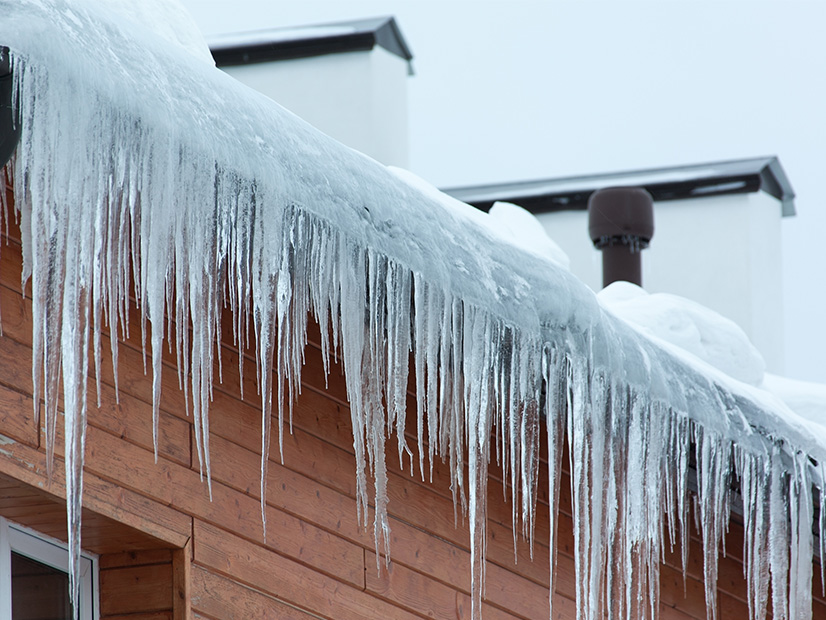
New Hampshire’s Office of the Consumer Advocate filed an appeal Wednesday with the state Supreme Court, claiming that regulators disregarded due process in rejecting state utilities’ proposed three-year energy efficiency plan last year.
The court “is not obliged to take up our appeal, but we are optimistic that it will do so given that the [Public Utility Commission’s] decision is so outrageously inconsistent with applicable principles of New Hampshire law,” Consumer Advocate Donald Kreis said in a statement.
In a Nov. 12 order, the PUC rejected the utilities’ 2021-23 Triennial Energy Efficiency program, setting the program budget back to 2018-20 levels and leaving the energy efficiency community in limbo. Without funding certainty, the state utilities that administer the EE program started suspending work orders at the end of last year. (See NH EE Plan Approaches 2nd Year without Funding Certainty.)
The PUC’s November order effectively reverses many years of precedent for a ratepayer-sponsored program in favor of a transition to a market-based approach to energy efficiency.
Stakeholders have struggled to find relief in the wake of the PUC’s decision.
The Consumer Advocate’s appeal follows a state Superior Court decision in December to deny a request by Clean Energy NH and a group of EE industry members to stay the order. And in early January, the PUC denied requests for rehearing of its order.
State legislators, however, are making progress on a bill designed to create statutory guidelines for the EE program and funding, and reset the EE industry to before the commission’s order.
The House of Representatives passed a bill (HB549) Jan. 6 that would establish a legislative mandate for ratepayer funding of the program. As proposed, the bill sets the system benefits charge (SBC) to fund the program at the 2020 level of 52.8 cents/kWh, with an annual increase based on inflation.
On Jan. 18, the Senate Energy and Natural Resources Committee unanimously passed an amendment to that bill to establish basic components of the EE program.
The amendment states that the program framework that was in effect prior to the PUC’s order would remain in effect until regulators approve program changes proposed by utilities on March 1. Those changes would apply through January 2024.
With the framework language in statute, “it should be immune from tampering by the PUC,” Rep. Michael Vose (R) said in testimony during the bill hearing.
“We were assured by the [New Hampshire] Department of Energy that this language was necessary to ensure that nothing fell through the cracks in the implementation of future energy efficiency plans,” Vose said.
As proposed in the bill, the SBC rate could allow for an annual program budget increase of $5 million to $10 million, Vose said.
Senators on the committee hope to send the amended bill back to the House quickly so that it can go to the governor for his signature early this month.
“We need to get companies back to work,” Sen. David Watters (D) said during the committee hearing.
Gov. Chris Sununu (R) signaled his interest in signing the amended bill in a Jan. 18 letter to the committee.
HB549 “will provide legislative accountability, programmatic stability and cost-effectiveness for ratepayers,” he said.
If the bill becomes law, Kreis said it would “overrule much of the destruction ordered by the PUC,” but there may still be some issues left for the Supreme Court to resolve.


